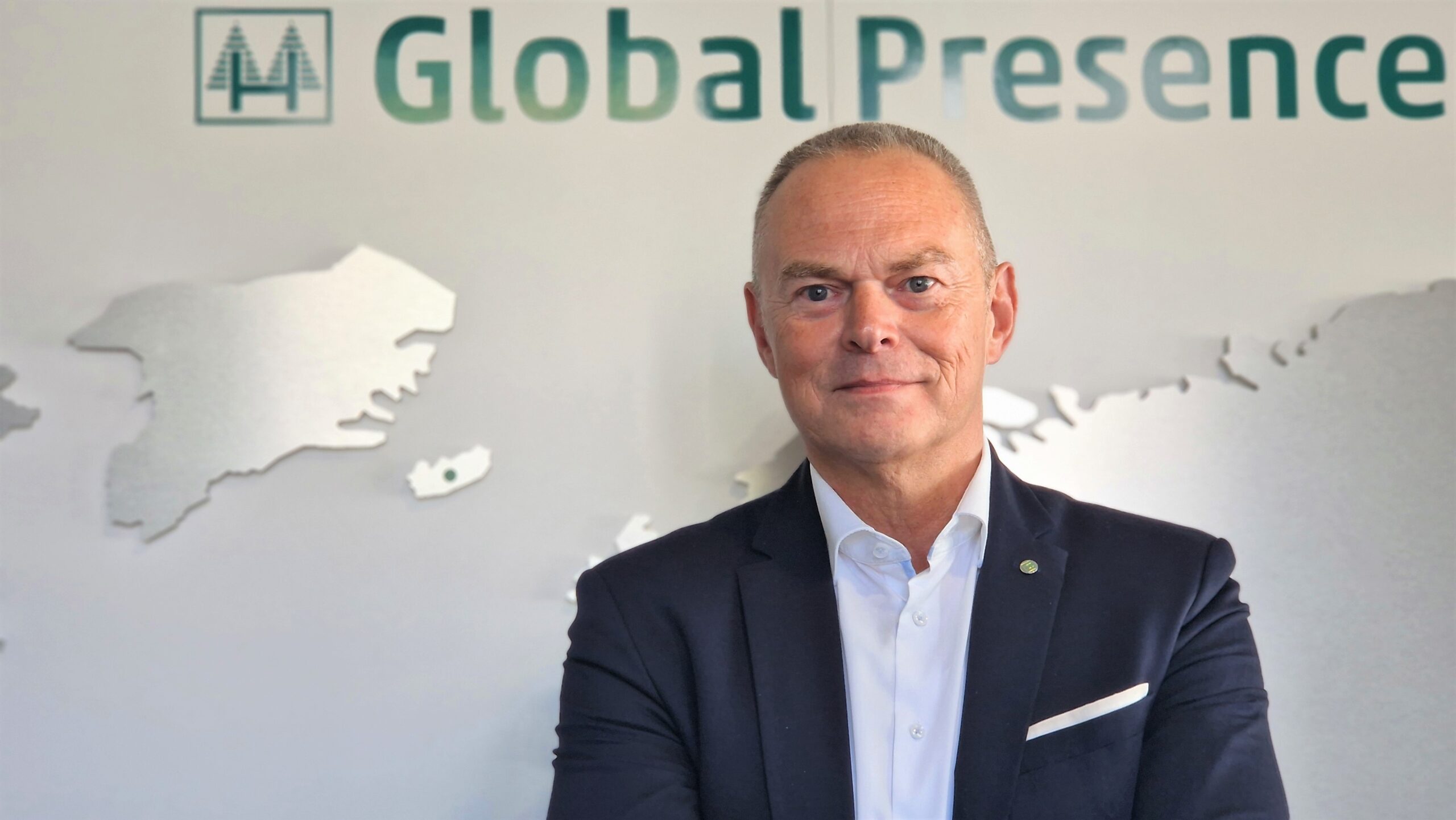Bernhard Riegel

Bio
Dr. Bernhard Riegel completed his Ph.D. in Inorganic Chemistry at the University of Stuttgart in 1994. Subsequently, he undertook several research stays, including at the Max Planck Institute for Solid State Research in Stuttgart, followed by a research stay at the University of Texas in Austin. From 1998 to 2000, he worked at the Center for Solar Energy and Hydrogen Research in Ulm, focusing on electrochemical storage technologies such as lead-acid and NiMH. Since 2001, he has been engaged in research and development at HOPPECKE Batterien GmbH & Co. KG. In 2003, he assumed the leadership of research and development for the entire HOPPECKE Group. In 2007, he played a pivotal role in establishing HOPPECKE Advanced Battery Technology GmbH (INTILION GmbH), introducing lithium-ion technology to the industrial battery market at HOPPECKE. Dr. Riegel serves as an advisor to Battery Research Germany (BMBF), Associate Delegate of the Battery European Partnership (BEPA), advisor to FFB Münster, and Task Force Innovation Leader at EUROBAT.
The EUROBAT Battery Innovation Roadmap 2035 outlines advancements in lithium, lead, nickel, and sodium battery technologies, emphasizing sustainability, circularity, and digitalization. It explores promising future technologies like solid-state and flow batteries.
EU policy initiatives such as RePowerEU and the new Electricity Market Design boost battery demand, while the Net-Zero Industrial Act (NZIA) and upcoming Innovation Funds aim to scale up domestic manufacturing. The Critical Raw Material Act (CRMA) addresses supply chain resilience.
The roadmap also predicts increased electrification in renewable energy and low-emission transport applications.
Overall, it provides a strategic framework for advancing battery technologies and ensuring Europe’s leadership in a sustainable and resilient market.


